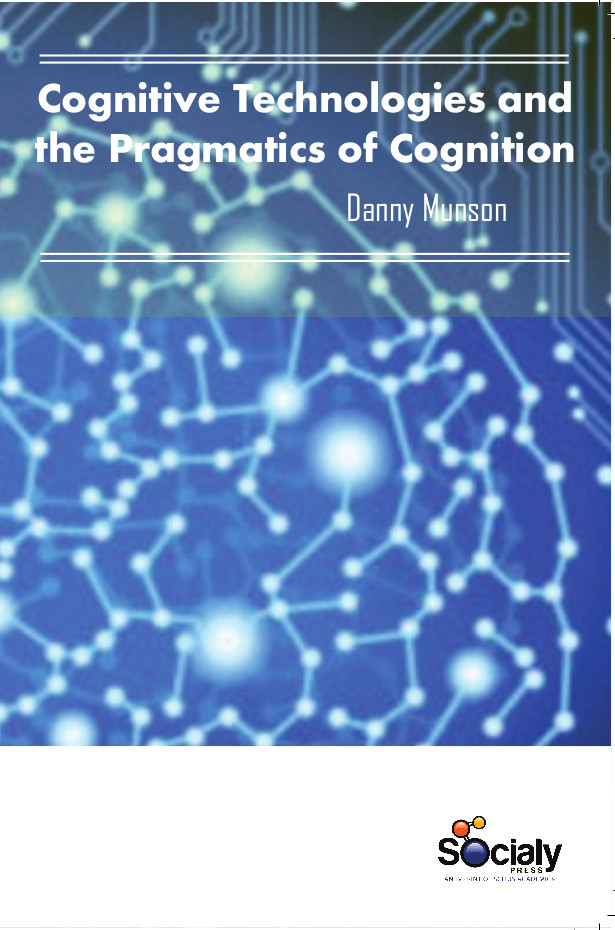From the dawn of civilization mankind was aware of the importance of language. We live, think, have knowledge and our being in language. All knowledge of the world and ourselves is expressed and mediated through language. Therefore, it is not surprising that in ancient views language encompassed everything as the soul of the universe, and had mystical and religious dimensions and origins. Later, the scientific study of language became known as linguistics. Its main theoretical purpose is the construction of a general theory of the structure of language and the study of meaning. Linguistics tries to discover the common elements of all languages or the universals and devise a predictive scientific theory of them. The applied linguistics involves the application of the theory to practical tasks such as language teaching and learning, linguistic competence, and communication. Human work has irreversibly become work with technology and the nature of work has changed to make the role of human cognition more important. In the most affected environments, the human component is relevant both for the interactions of humans with control systems and for the effects that these interactions may have on the general public at large.
Cognitive Technologies and the Pragmatics of Cognition explores the new horizon of cognitive technologies and their interactions with humans.
Fully realized cognitive technologies—machine learning, computer vision; always-on sensing, intelligent connectivity, indoor/outdoor position location, and contextual awareness at low power—will allow mobile devices to sense their environments and respond accordingly. Eventually, they will use that information to improve our everyday lives with intuitive interactions that personalize our mobile experiences and extend our abilities. Technology has long been a helpful aid in human cognitive activities. With its growing sophistication and usage, technology is now taking a more intrinsic and active role in human cognition. People who work with technology are tightly coupled with it and must come to terms with the complexity of the socio-technical environment in order to ensure that their work is effective, safe and efficient.







